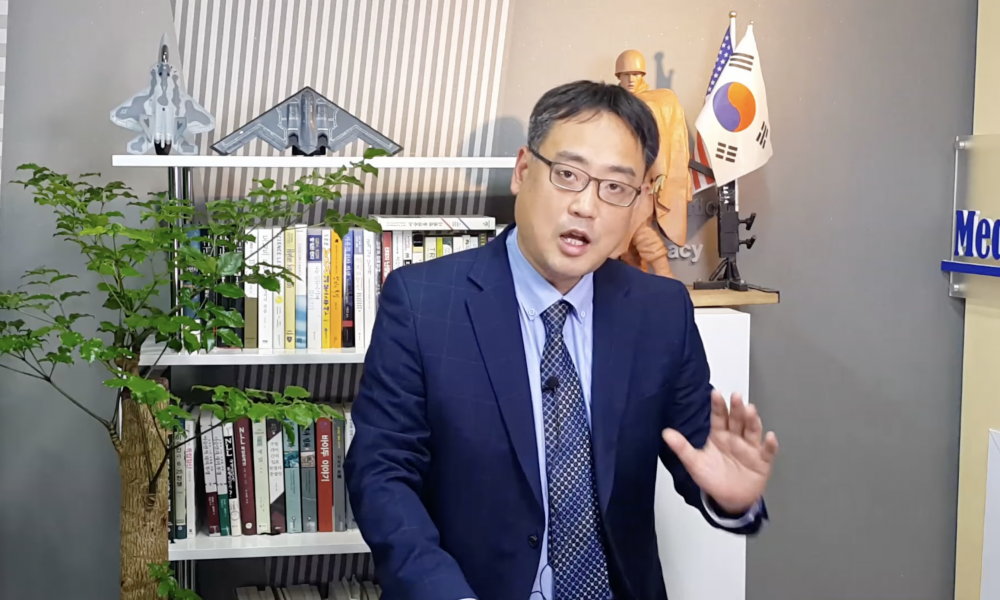
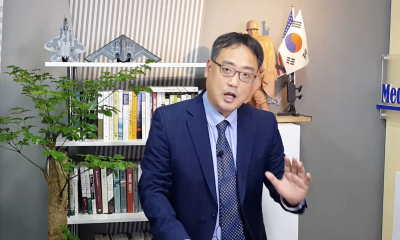

MediaWatch founder Byun Hee-jae says that scholarly rebuttal is the standard practice in academic debate — not weaponizing the media and law to stifle dissent.
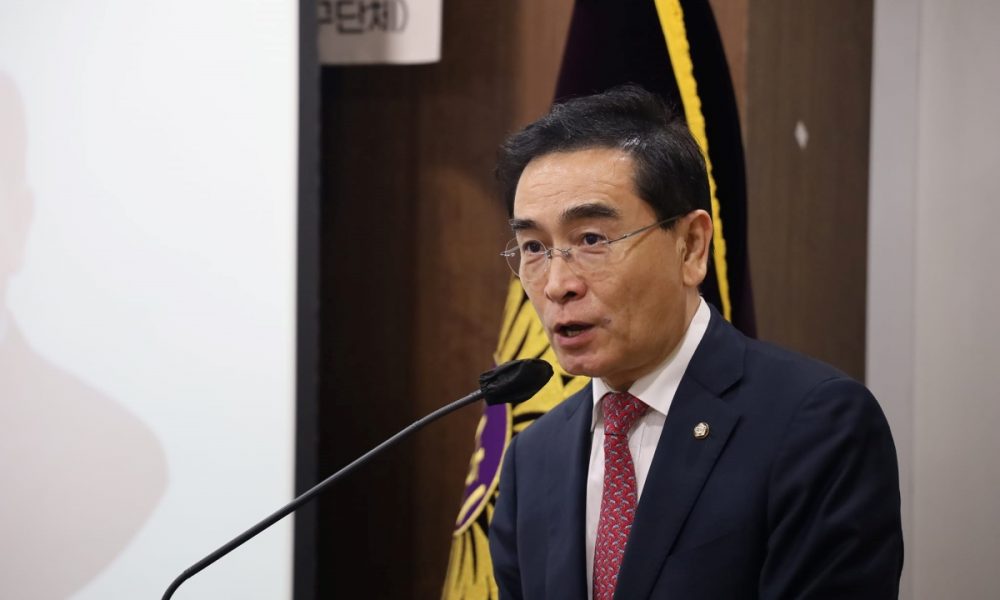
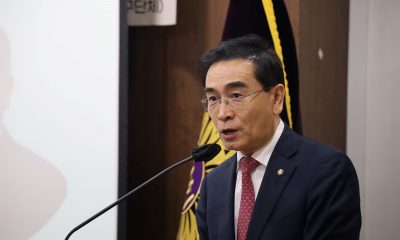

A former North Korean diplomat who defected to South Korea in 2016, PPP lawmaker Tae Young-ho has committed to accounting for the North's abductions victims.
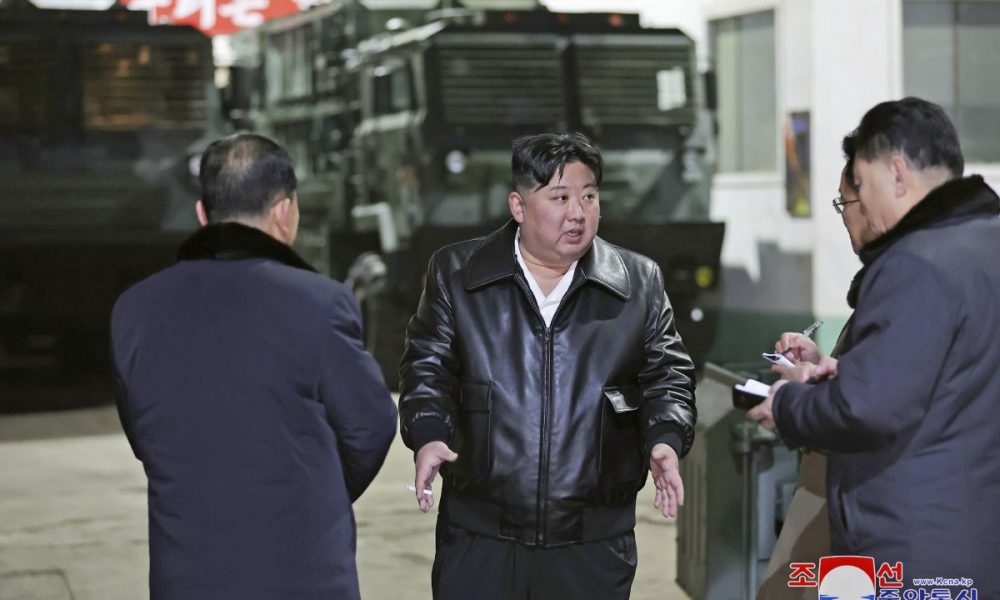
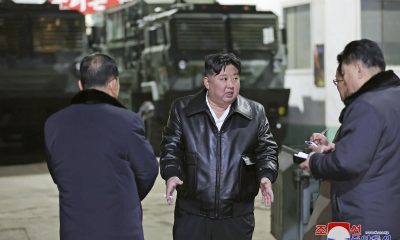

The international community must not sit idly by and watch North Korea continue its provocations, with backing from Russia and China.


Whether the Sado Gold Mines' UNESCO listing is approved, predictions are for global and local challenges in a precarious year for Japan-South Korea relations.
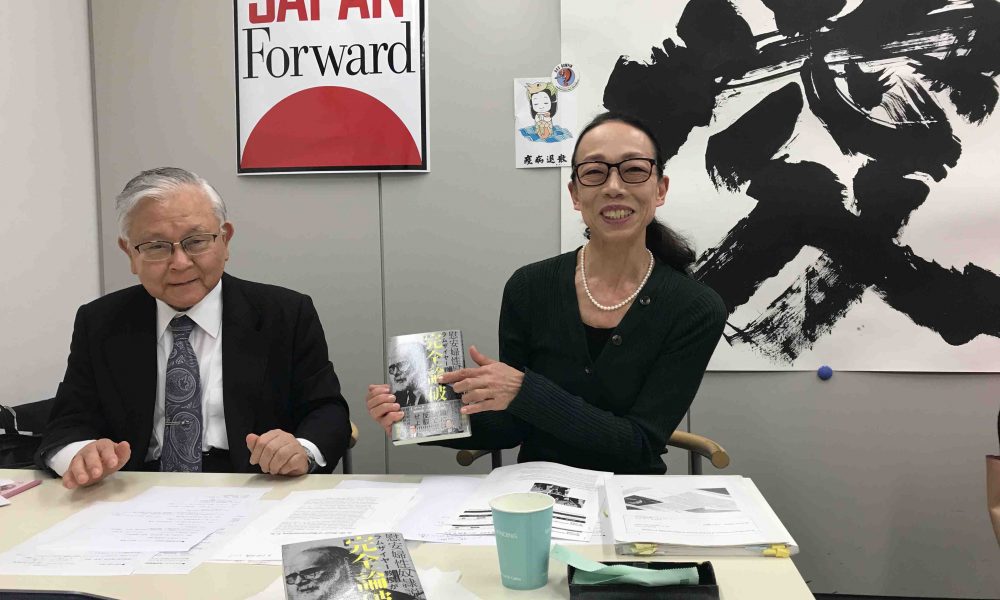
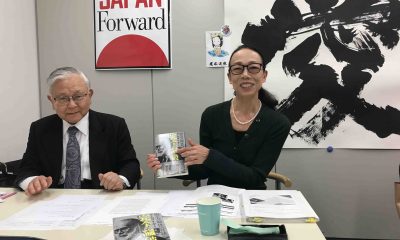

In an interview, Nobukatsu Fujioka and Yumiko Yamamoto discuss J Mark Ramseyer’s new book on comfort women, recently translated into Japanese and Korean.
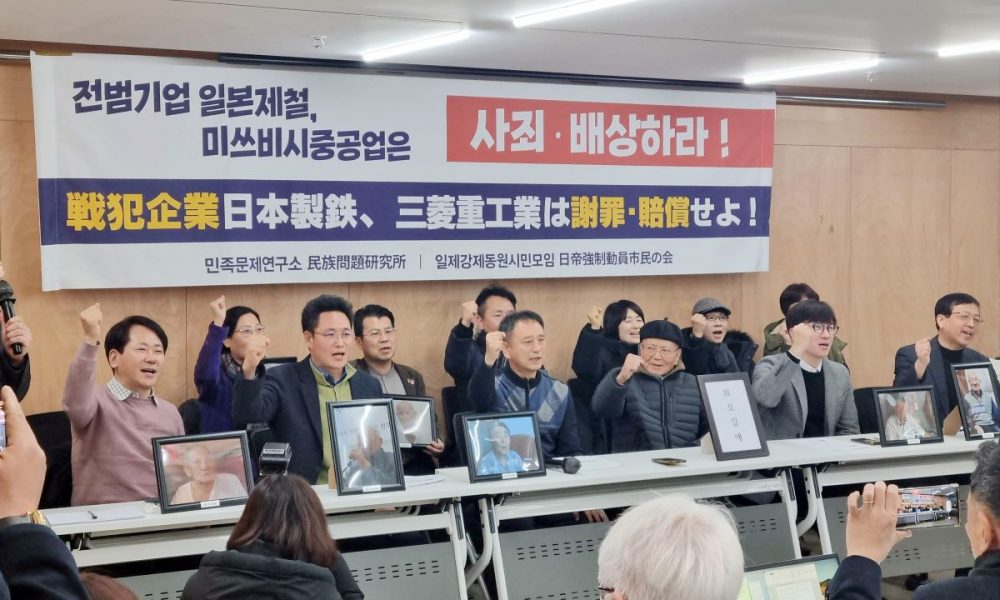
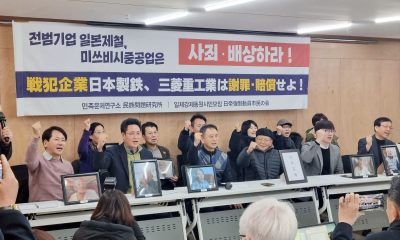

South Korea must adhere to its agreements or lose international trust. It must recognize those parties out to destroy the foundations of Japan-Korea relations.
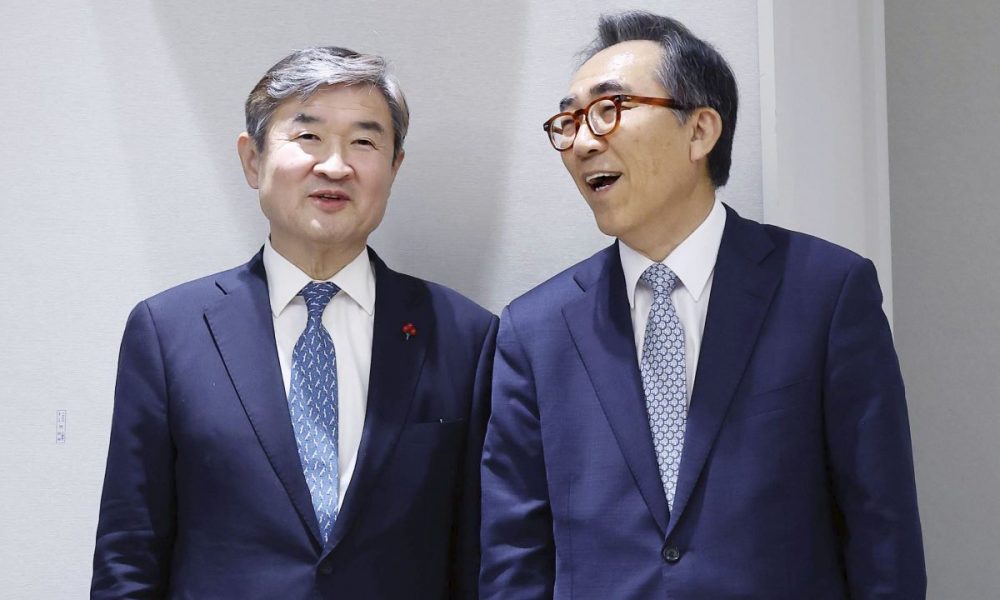
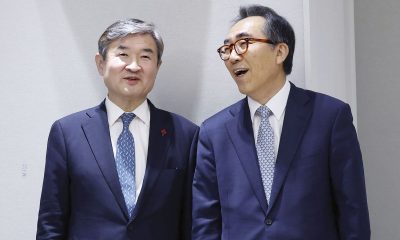

South Korea nominated Cho Tae-yul as foreign minister. He is a shrewd politician like Yoko Kamikawa and China wants to keep them from forging a strong...
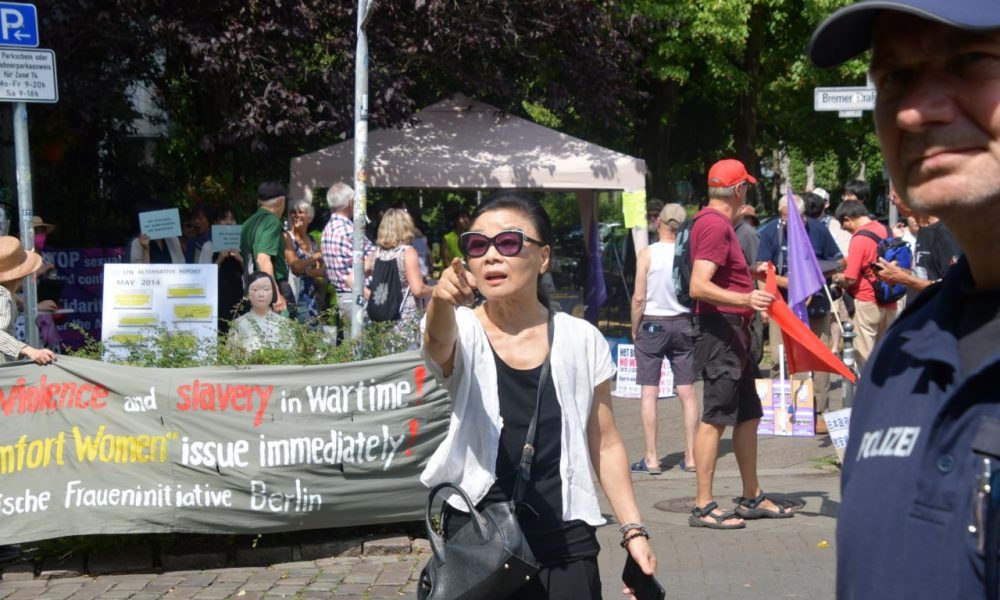


Durable international ties depend on shared values and material interests, and for democracies, the foundation of such is ultimately individual liberty.
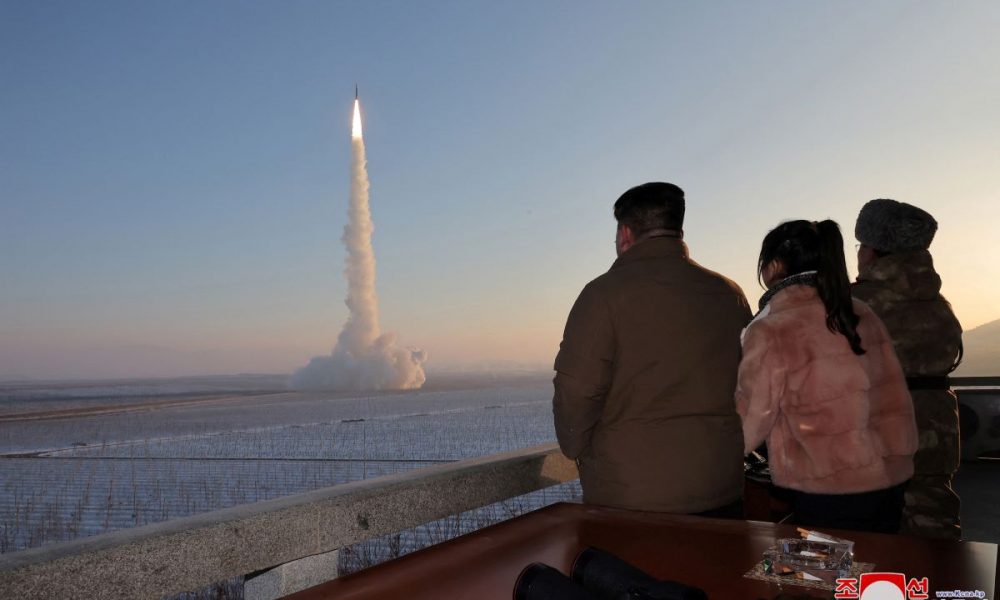


Missile launches by North Korea have driven South Korea to seek to expand its deterrence capabilities based on the US nuclear umbrella. Japan must do the...
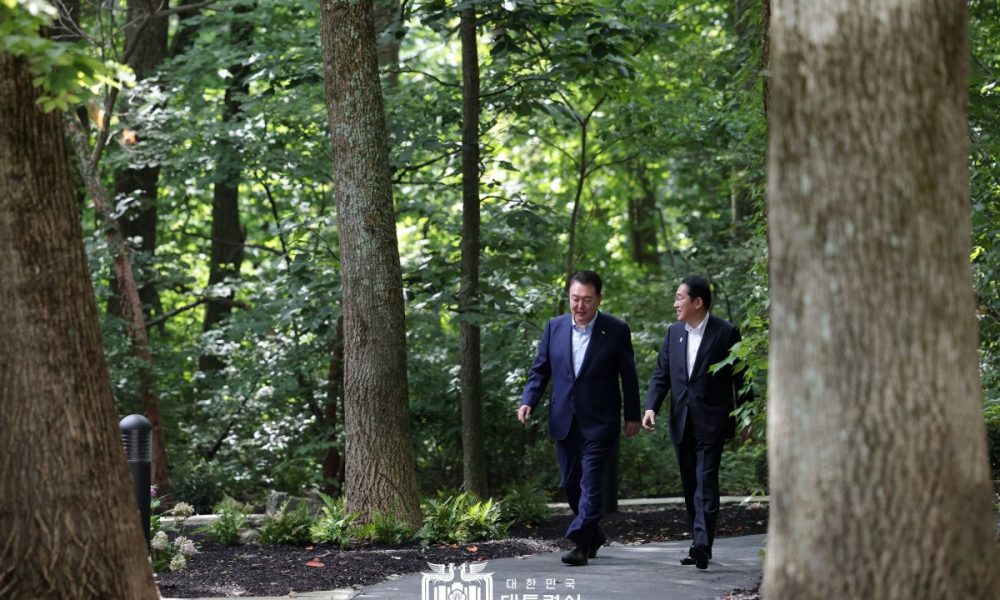


Relations are better between Japan and South Korea but for an enduring partnership the two must overcome historical issues and the 2018 radar lock-on dispute.
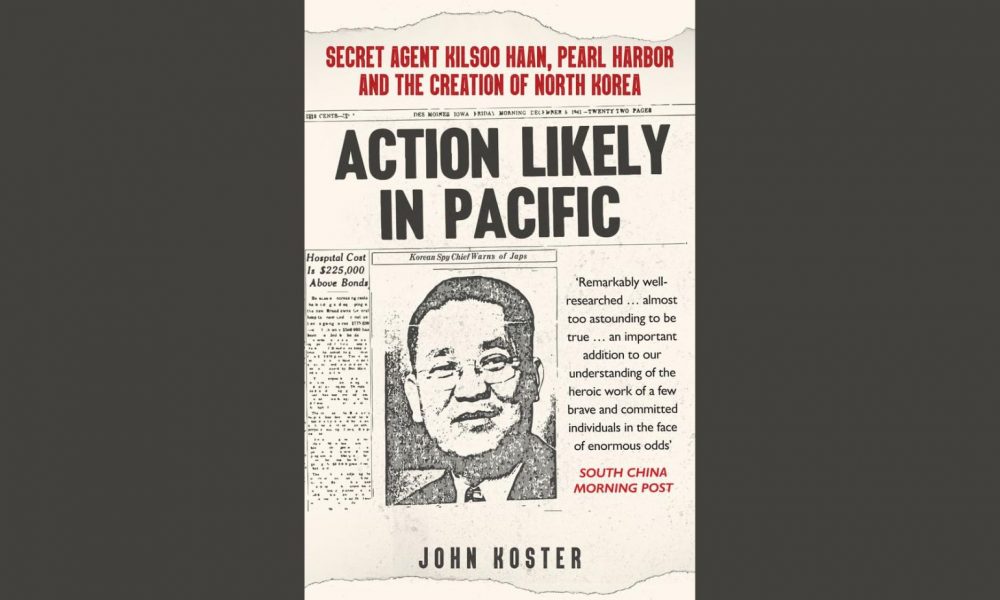
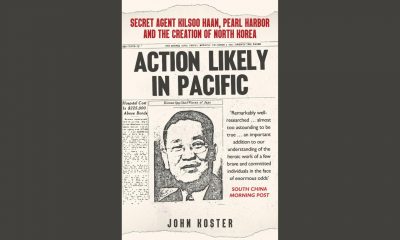

An informative and balanced account of the Korean experience of the imperial era, told uncommonly from the Korean perspective through the life of Kilsoo Haan.
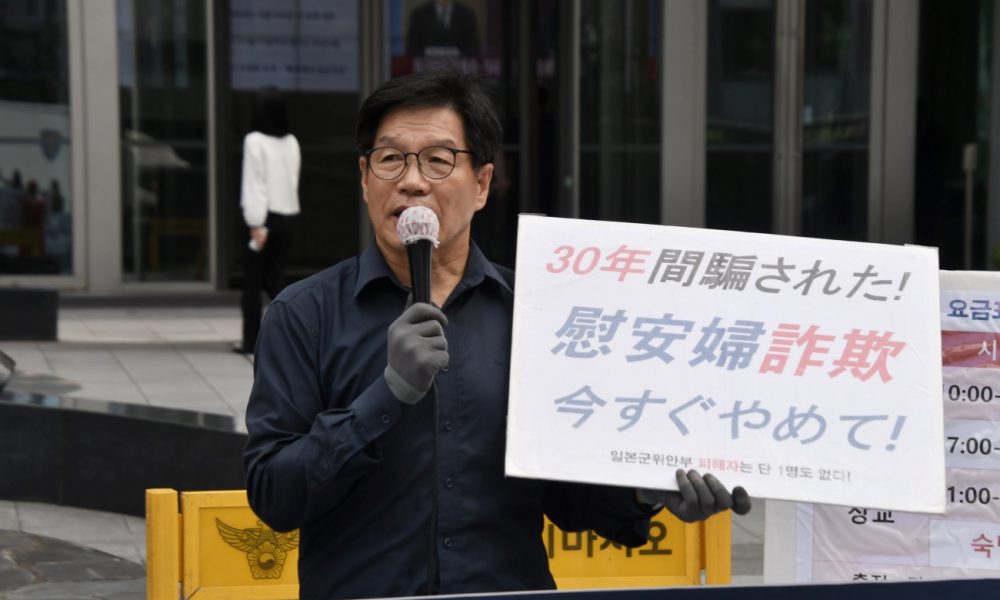
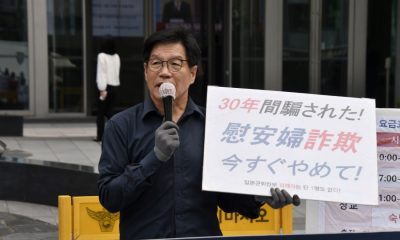

The author analyzes how poverty was at the root of the comfort women issue and explains why resolving the diplomatic issue requires acknowledging this fact.